Harp
I'll Lock Up
- Messages
- 8,508
- Location
- Chicago, IL US
I haven't read BAT nor seen the entire film. Late Spring seems excellent.
I haven't read BAT nor seen the entire film. Late Spring seems excellent.
I watched Hangover Square (1945) yesterday. I thought it was really good. It's set in London in the early 1900s, and has a kind of murder mystery vibe with a twist... it's pretty similar to Gaslight, if you've seen that.
Actually, I just remembered that I watched a Laurel & Hardy short even more recently. (Their First Mistake, 1932.) I love Laurel & Hardy; it's hilarious.
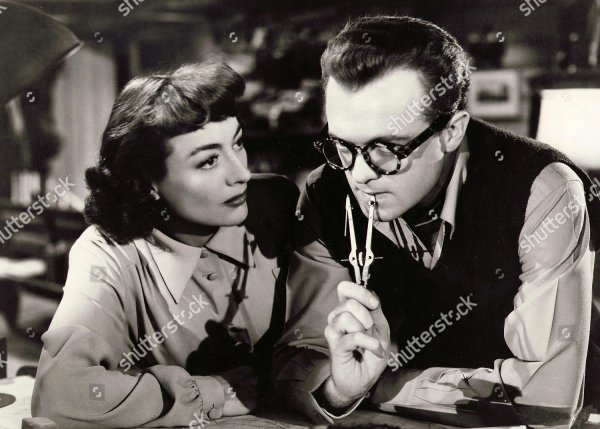
View attachment 332066
Breakfast at Tiffany's from 1961 with Audrey Hepburn, George Peppard, Patricia Neal, Buddy Ebsen and Mickey Rooney
A dissenting view on Breakfast at Tiffany's...
I'm not a fan. I have always found this flick massively overrated, not to mention that the production code hampered any chance of its being an accurate adaptation of the source Truman Capote story (where the George Peppard character is gay). It has exactly two things going for it: staggeringly luminous Audrey, and "Moon River". Everything else is a mess. Yes, it's a good looking, stylish mess, but still. And since I detest Mickey Rooney even in his "best" performances, I just can't watch it.
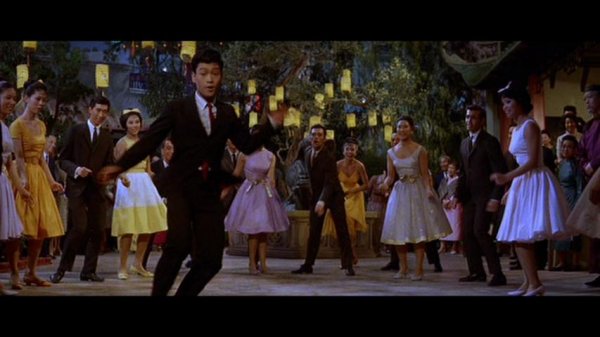

View attachment 333902
Flower Drum Song from 1961 with Nancy Kwan, James Shigeta, Jack Soo, Benson Fong, Kam Tong and Miyoshi Umeki
Flower Drum Song is Rat Pack style meets an Americanized view of 1960s San Francisco's Chinese community seen through a Rodgers and Hammerstein musical filter with an overlay of everything that is the wonderful Nancy Kwan.
I'm not the target audience for this movie as, after The Sound of Music and Fred Astaire movies, my passion for musicals falls off a cliff. Yet, despite only a few of the song-and-dance numbers capturing my attention, the rest of Flower Drum Song's crazy kitsch made for a fun couple of hours of light entertainment.
A Chinese father and daughter, Kam Tong and Miyoshi Umeki, arrive illegally in San Francisco to honor a marital contract made years ago in China that promised Miyoshi to, now, fully Americanized nightclub owner Jack Soo. But Soo is dating and stringing along Nancy Kwan who wants to get married.
Kam and Moyoshi stay at wealthy and traditional Chinese patriarch Ben Fong's house where Miyoshi meets Fong's playboy son James Shigeta. Miyoshi immediately falls in love with him, but Shigeta, fully Americanized, denies the attraction he obviously feels as he rejects the "old" ways of arranged marriages, especially as his father clearly favors this relationship.
Thrown into the mix is Shigeta's younger brother who is a more American boy than Father Knows Best's Bud Anderson. Pushing for the old ways are several aunts and sisters, except for the one who has become Americanized herself. Most fun, super Nancy Kwan, realizing that she might lose Soo to Miyoshi, begins dating Shigeta and quickly ropes him into engagement to make Soo jealous. Don't worry, it's somewhat easier to follow on screen.
It's really a silly and innocent sixties romcom full of mix-ups and misunderstanding - think a Doris Day and Rock Hudson movie - set in San Francisco's Chinatown with a lot of singing and dancing. After a bunch of lightly hurt feelings, a few on-again-off-again engagements and some reshuffling of partners, at the end, as you knew would happen all along, the right people get together and all is good.
By today's standards, there are a lot of things wrong with the representation of Chinese culture, but there's also this: the movie's message is that all people are alike under their surface and cultural differences with the same dreams, wishes, desires and fear.
If you keep score of this stuff, all the light-hearted joking made over old Chinese customs is easily offset by all the jokes about American cultural silliness. None of it is meanspirited and, by standards of its day, it was pretty respectful to everyone. I loved that the Chinese kids raised in America can easily out-American everyone else.
Flower Drum Song's style is pre-hippies-sixties exaggerated cool, the sets are obvious, the Technicolor is too amped up and the song-and-dance numbers will either appeal to you or not, but if you just go with it, it kinda sorta works...or not. On another day, I probably would have turned it off, but it was just the nonsensical escape I needed on the day I watched it. Little of it is real, but it is fun.
Super Nancy Kwan in Flower Drum Song.
View attachment 333903
Hard to see Detective Yemana in a role like that! Must check this out....
Super Nancy Kwan in Flower Drum Song.
View attachment 333903
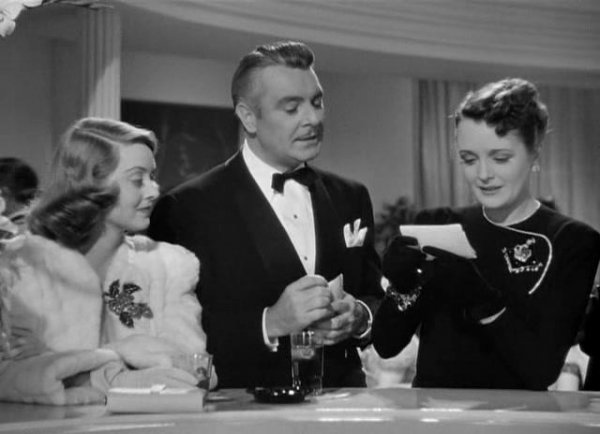
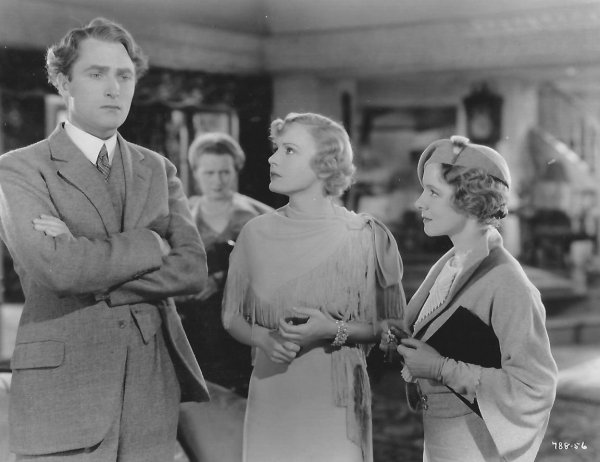
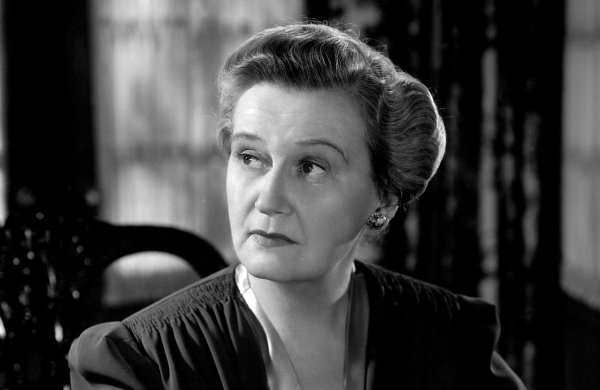
 John Lofgren Monkey Boots Shinki Horsebuttt - $1,136 The classic monkey boot silhouette in an incredibly rich Shinki russet horse leather.
John Lofgren Monkey Boots Shinki Horsebuttt - $1,136 The classic monkey boot silhouette in an incredibly rich Shinki russet horse leather.  Grant Stone Diesel Boot Dark Olive Chromexcel - $395 Goodyear welted, Horween Chromexcel, classic good looks.
Grant Stone Diesel Boot Dark Olive Chromexcel - $395 Goodyear welted, Horween Chromexcel, classic good looks.  Schott 568 Vandals Jacket - $1,250 The classic Perfecto motorcycle jacket, in a very special limited-edition Schott double rider style.
Schott 568 Vandals Jacket - $1,250 The classic Perfecto motorcycle jacket, in a very special limited-edition Schott double rider style.